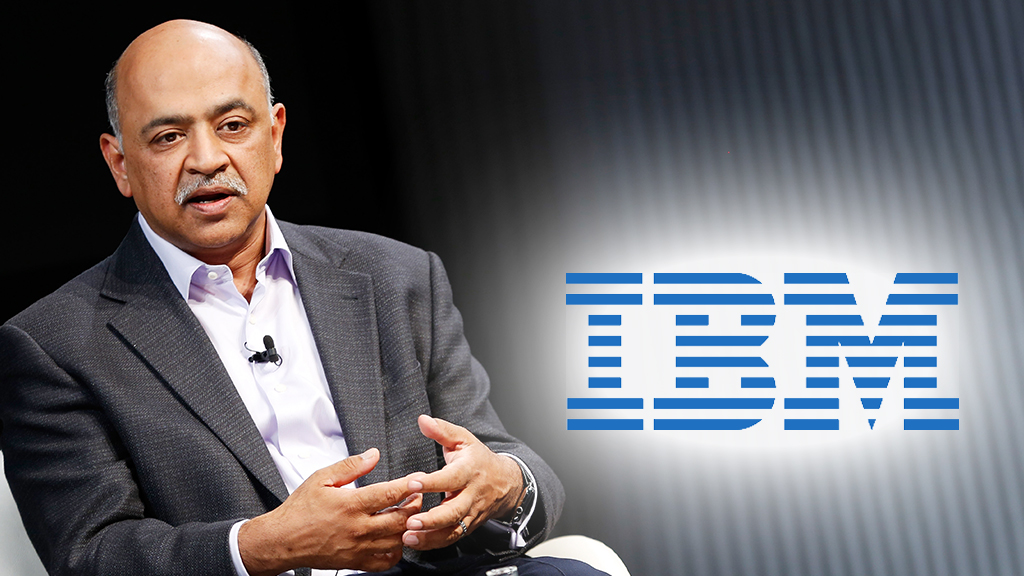|
Getting your Trinity Audio player ready...
|
IBM has announced plans to pause hiring and replace approximately 7,800 jobs with Artificial Intelligence. Arvind Krishna, CEO of International Business Machines Corp. (IBM), recently announced that the company plans to halt hiring for roles that could be replaced by artificial intelligence (AI) over the next five years.
This would include non-customer-facing roles, such as human resources (HR), which account for approximately 26,000 workers.Krishna estimated that up to 30% of these roles could be replaced by AI and automation, resulting in around 7,800 jobs lost. The reduction in roles would include not replacing positions that become vacant due to attrition, according to an IBM spokesperson.
The move is one of the most effective workforce strategies in response to the growing impact of AI on the labor market. As AI tools continue to automate tasks like customer service, text writing, and code generation, there are concerns that the technology could significantly disrupt the labor market.
Krishna stated that some of the more mundane HR tasks, such as employment verification letters and employee transfers between departments, would likely be fully automated. However, he added that certain functions, such as evaluating workforce composition and productivity, are unlikely to be replaced in the next decade.
IBM employs around 260,000 workers and continues hiring for software development and customer-facing roles. Krishna stated that finding talent is easier today than a year ago. The company announced job cuts earlier this year that may affect around 5,000 workers once completed. However, IBM has also added approximately 7,000 employees in the first quarter.
Krishna has focused on transitioning IBM towards software and services like hybrid cloud since becoming CEO in 2020. He has divested lower-growth businesses like managed infrastructure unit Kyndryl Inc. and part of the Watson Health business. IBM is currently considering selling its weather unit.
The company topped profit estimates in its most recent quarter due to expense management, including job cuts. Chief Financial Officer James Kavanaugh expects new productivity and efficiency measures to deliver $2 billion in annual savings by the end of 2024.
Krishna previously believed that the US could avoid a recession until late 2022. However, he now sees the potential for a “shallow and short” recession towards the end of this year. Despite worsening macroeconomic concerns, Bloomberg Intelligence’s Anurag Rana expects IBM’s strong software portfolio, including its acquired unit Red Hat, to help the company maintain steady growth.
Krishna’s plan to pause hiring for non-customer-facing roles that could be replaced by AI is part of IBM’s larger effort to streamline its operations and boost efficiency. The company’s focus on software and services like the hybrid cloud has been driving its growth and profitability in recent years.
IBM has been investing heavily in AI and related technologies, and the company’s Watson AI platform has been used in a wide range of applications, including healthcare, finance, and retail. However, the company has also faced criticism for its use of AI in HR functions, with some experts warning that automated systems could reinforce bias and discrimination in hiring and promotion decisions.
Krishna’s announcement comes as other companies are also turning to AI and automation to streamline their operations and reduce costs. However, the move also raises questions about the potential impact on the workforce and the need for new policies and regulations to protect workers and ensure that the benefits of new technologies are shared more widely.
In response to these concerns, some companies are taking steps to retrain and reskill their employees for new roles that are less likely to be automated. IBM, for example, has launched a number of initiatives to help its employees develop new skills in areas like cloud computing, cybersecurity, and AI.
Krishna’s plan to pause hiring for non-customer-facing roles that could be replaced by AI is part of a broader trend toward automation and digital transformation in the business world. While these technologies have the potential to boost efficiency and productivity, they also raise important questions about the impact on jobs and the need for new policies and strategies to ensure that the benefits are shared more widely.
